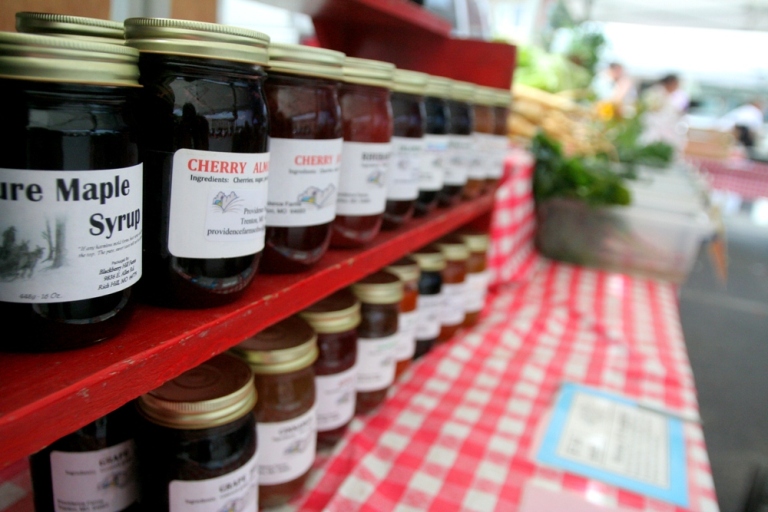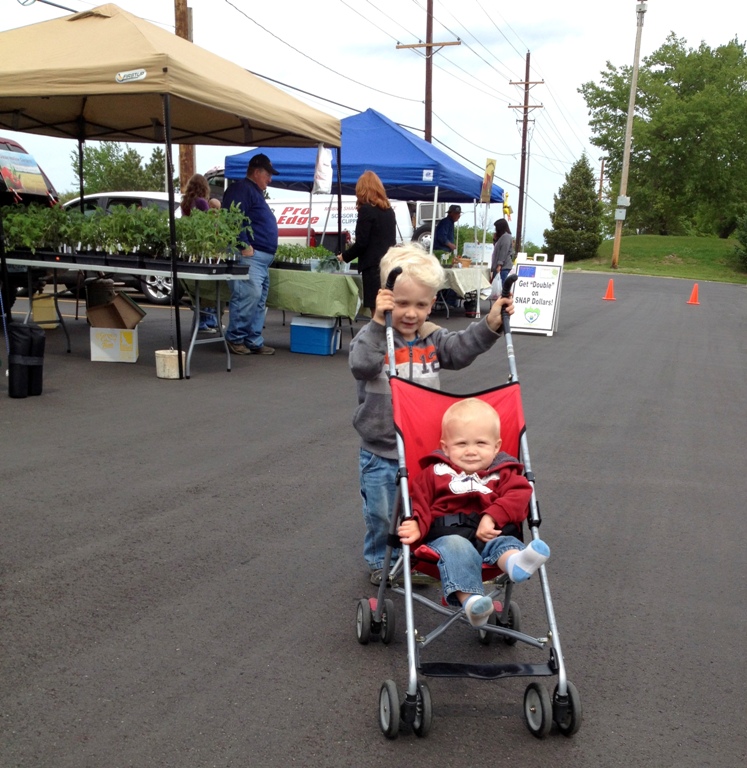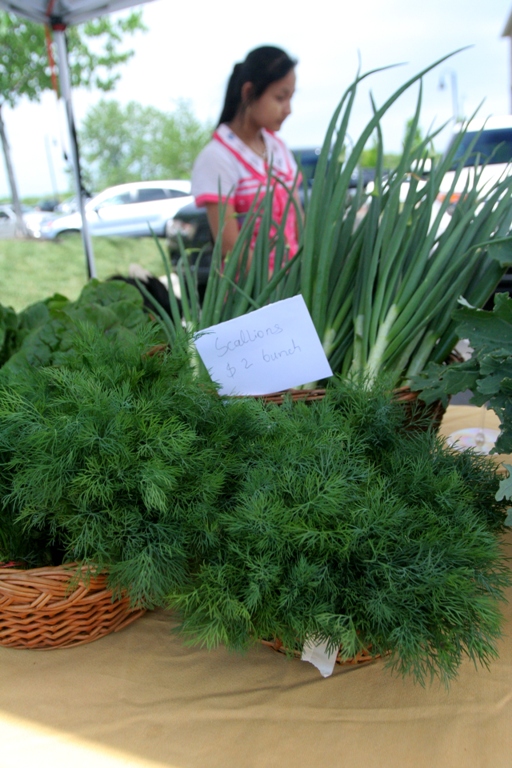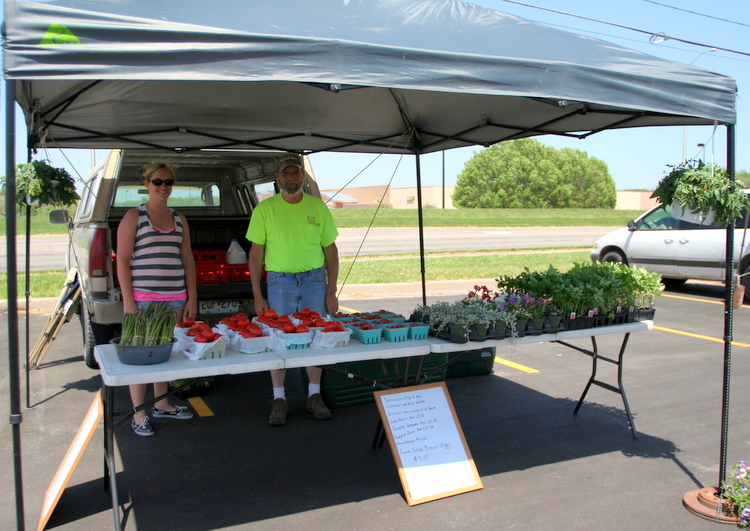7 Simple Ways to Shop With Confidence at Your Farmers’ Market
The Nature of Rest
What the Bible and Creation Teach Us About Sabbath Living
Intentional Parenting
Nature Studies
Apologetics
Adventure
Free Resource
Entrepreneurship
Homeschooling
Faith
Books
Categories
Master Naturalist, Bible teacher, author, wife, and mama of four! Join our adventures of discovering God while adventuring in creation.
I'm Eryn
Hey there!
Listen Now
Order now
The Affordable Way to Eat Organically
Although the prices of organic food have recently gone down and, on average, only cost 30% more than non-organic foods, organic food still holds a poor reputation for being too expensive. And in many cases, it’s true. My family cannot afford to eat everything organic. We just can’t afford to buy all of our food from organic and health food stores.
That is one reason we get so excited when the Farmers’ Market season opens up! The Farmers’ Market offers a fun, educational, hands-on shopping experience while giving us the opportunity to support our community of farmers; as well as buy fresh, local ingredients at affordable prices!
But there is a hurdle that must be jumped; yes, there is a learning curve to shopping at the Farmers’ Market.
This year will be my family’s 3rd year of utilizing the Farmers’ Market as our main “grocery store”. As I explained last week, beginning our venture into the Farmers’ Market did not come naturally, and it took us some time to learn the one big secret to shopping confidently at the market (read that post here).
Today I want to dive into a more practical side of shopping at the Farmers’ Market, and share with you come very tangible tips to shopping at the Farmers’ Market with confidence.
1. Visit Regularly and Consistently
If you want to be comfortable shopping at the Farmers’ Market, then I would suggest visiting every week, when possible. Weekly stops at the market will help you become familiar with what is available throughout the season. Regular visits will also help you become a “regular face” that the farmers recognize, which helps you better connect with them, as well as secure some great deals on fresh foods (which I’ll go into in more detail next week)
You will find that as you spend more time at the Farmers’ Market, you will become less dependent on big chain grocery stores. More of the food in your home and bodies will be from local growers and farmers, much more delicious, and packed to the brim with nutrients!
2. Anticipate the Harvest (Know your region’s seasons)
Last week I explained the beauty that lies in the inconsistent character of the Farmers’ Market; how it teaches us to shop, cook, and eat in harmony with the seasons.
If this is your first year utilizing the market as a regular grocery stop, then it may help you to take notes each week of what is available, this will help you become more familiar with your region’s seasons, and what produce is available at what times. Ultimately, it will give you more confidence at the market next year!
For this year, use sources like this (click here) from the Eat Well Guide to get an idea of the what and when of your specific region’s seasons.
3. Give the Farmers’ Market a Place in Your Budget
Don’t be afraid to reserve some of your weekly grocery money for the market. During the summer months when more produce is in season, we buy 75% of our weekly groceries at the Farmers’ Market; it is simply our best resource for great food.
When we already have the money set aside for this specific purpose, we don’t feel bad for making purchases at the market.
4. Come Prepared
You will find yourself strolling through the market with more confidence if you have come prepared. Here are a few things to consider bringing along to the market:
- Cash. Some vendors are now accepting credit and debit cards, but most will only take cash, so stop by an ATM on your way to the market!
- Tote bags. Vendors will have plastic bags available, but it helps to have a larger tote bag to carry everything in.
- Camera. The farmer’s market is beautiful–take advantage of it!
5. Come Flexible
When it comes to shopping at regular grocery stores, there is nothing more frustrating than writing your grocery list then arriving at the store to find that they are out of half the items on your list. Without a plan or a list, you often end up at the checkout with 10 unnecessary items, and forget the 5 items you actually needed for dinner that evening.
Fortunately, when you shop at the Farmers’ Market, if you don’t find exactly what you are looking for, there is no lack of beautiful, tasty, inspiring ingredients to redirect your list!
During the first weeks of the market, don’t bother to make a list. The early market has a small variety of cold-weather crops, and you won’t know exactly what to expect. Just use those first weeks to focus on getting to know the farmers and becoming familiar with the layout of the market. And while you’re there, just bring home whatever looks tasty!
6. On that note– bring a list, but don’t hold to it tightly!
Once you begin to familiarize yourself with your market, you should begin bringing a simple list of what you plan to purchase. Your list should be based on what you think will be available based on the prior week’s offerings. Just keep in mind that even slight weather changes can affect certain crops enough to end their season.
Asparagus, for example, will be coming out the farmers’ ears one week, and not a stalk to be found the next week. So do not hold to your list or your menu plan rigidly. I learned this the hard way when I arrived one day ready to purchase 30 pounds of asparagus for pickling, and although it was available in abundance in the week before, it was now no where to be found. This is how the market teaches you to appreciate the seasons, and remain flexible to their whims.
7. Befriend Your Farmers
Perhaps this last tip is my most important and most helpful. In fact–I’m going to save it until next week so I can really expound on the importance and how-to of getting to know your farmers!
Stick with me next week as I delve into how to befriend your farmers, what questions to ask them, and how to ask for discounts and deals!
This seems like a lot of work….
Shopping at the Farmers’ Market takes some work, and sometimes the road will be bumpy and the meals less than stellar. Shopping at a regular and consistent main-stream grocery store is easier–I’ll give you that; but you miss out on so very much when you don’t frequent a local Farmers’ Market!
It may take some extra planning and work, but at the end of a great season, you’ll be a cook. You’ll be a “locavore”. You’ll be a supporter of your local community. You’ll know food in a whole new way. And I bet you’ll never be the same.
learn more
Raising kids stirs something deep in our souls — an innate knowing that our time is finite. Taking my kids outside in creation, I’m discovering how to stretch our time and pack it to the brim with meaning. God’s creativity provides the riches of resources for teaching the next generation who He is and how He loves us. Join our adventure and discover inspiration and resources for refusing rush, creating habits of rest, living intentionally, and making the most of this beautiful life!
I'm Eryn, Master Naturalist, Author, & Bible Teacher
Hey there!
Receive free inspirational resources for refusing rush, creating habits of rest, parenting with intentionality, and teaching our kids who God is through what He has made!
Inspired
Be
Brand + Website by Amarie Lael Design | TERMS & CONDITIONS + PRIVACY POLICY | Copyright 2011 - 2026 Eryn Lynum
Contact
Speaking & media
About
Books
Shop
Videos & Interviews
Email List
Stories
Free Downloads
Resources
Home
@erynlynumauthor
The Nature of Rest
What the Bible and Creation Teach Us About Sabbath Living
Now Available!
Order
X
Signed Copy








Great article & blog! I need to check out when our local market opens. I VERY much look forward to the next post on farmers.